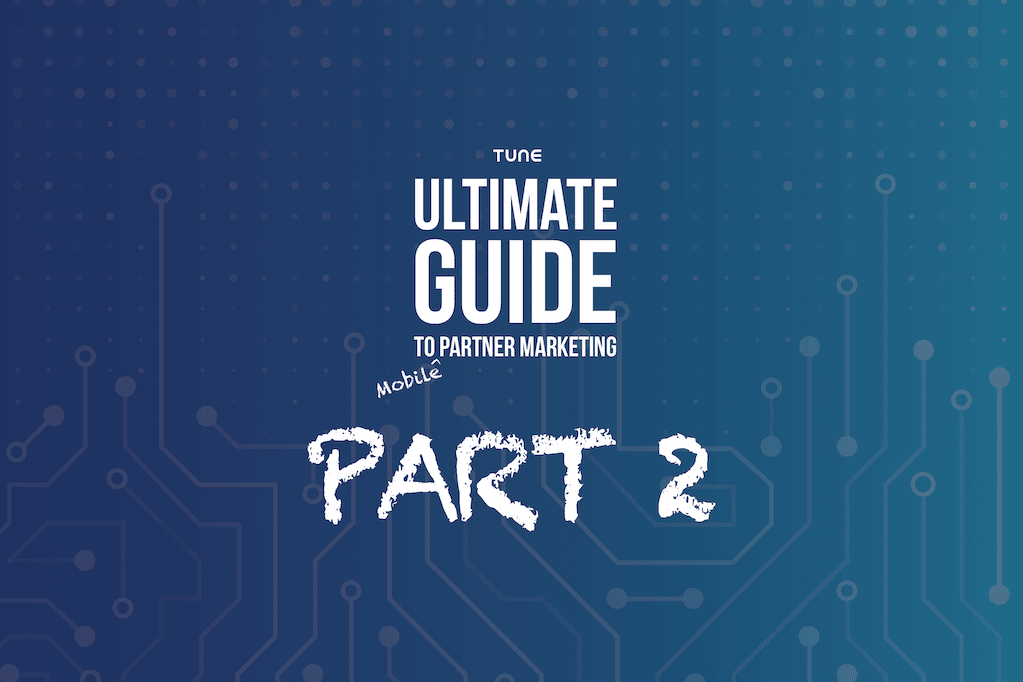
With any partnership, it’s important to know your strengths and your weaknesses. The same goes for your affiliate marketing program. To have the best chance of success, trust the experts for the technology that powers your program — especially when it comes to attribution.
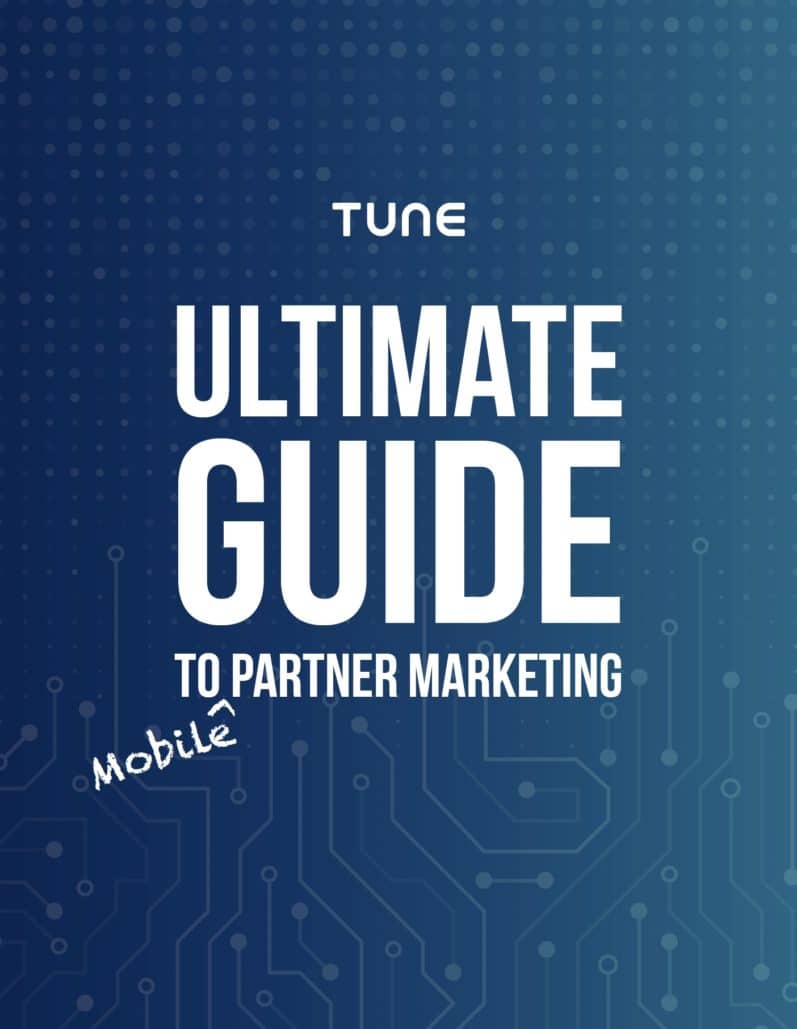
But does every program need a mobile measurement partner? Is an MMP the same as a partner marketing platform? And do you need both to run an affiliate program, or can you do it all with just an MMP?
In part 2 of our series, we’ll answer these important questions with information found in our newest e-book, The Ultimate Guide to Mobile Partner Marketing. Let’s dive in!
What Is an MMP?
MMP is an acronym for “mobile measurement partner.” The term comes from Facebook’s name for the first group of tech providers that integrated with the social media platform to track app installs.
A mobile measurement partner is exactly what it sounds like: a third-party technology partner that measures mobile app performance. Usually, this means attributing downloads and installs, which is done via a piece of code called an SDK (software development kit). MMPs can measure post-install activities as well, such as in-app registrations, purchases, and engagements.
The major MMPs in the market today are Adjust, AppsFlyer, Branch, Kochava, and Singular. (Fun fact: TUNE was technically the first MMP, as we created the very first mobile app attribution SDK, known at the time as MobileAppTracking. It was eventually rebranded as Attribution Analytics and acquired by Branch in 2018.)
What Is a Partner Marketing Platform?
A partner marketing platform (PMP) is an end-to-end SaaS solution for building, managing, and growing affiliate programs and networks. (They are also called affiliate marketing platforms, affiliate tracking platforms, performance marketing software, affiliate management software, and a few other variations of the same idea.) These platforms can handle all the operations needed to run a program, including conversion tracking, commissioning, offer/creative/partner management, communication, invoicing and payments, traffic management, and more. They should also be customizable enough to enable third-party integrations, custom development, and additional functionality via API. Most importantly, a true partner marketing platform operates as an unbiased, third-party software provider.
While there are many offerings in the market today that label themselves as PMPs, most of these function more like traditional affiliate networks rather than affiliate software providers.
Why You Shouldn’t Use an MMP to Run an Affiliate Program
The short answer? MMPs specialize in mobile app attribution, not partner program management.
While you can use your MMP to add individual partners, share links, and track their performance, there are other activities that are vital to running a program that your MMP is not built to handle. That’s where your partner marketing platform comes in. Check out the chart below to see how these two solutions complement each other by handling different activities across your mobile app and partner marketing efforts.
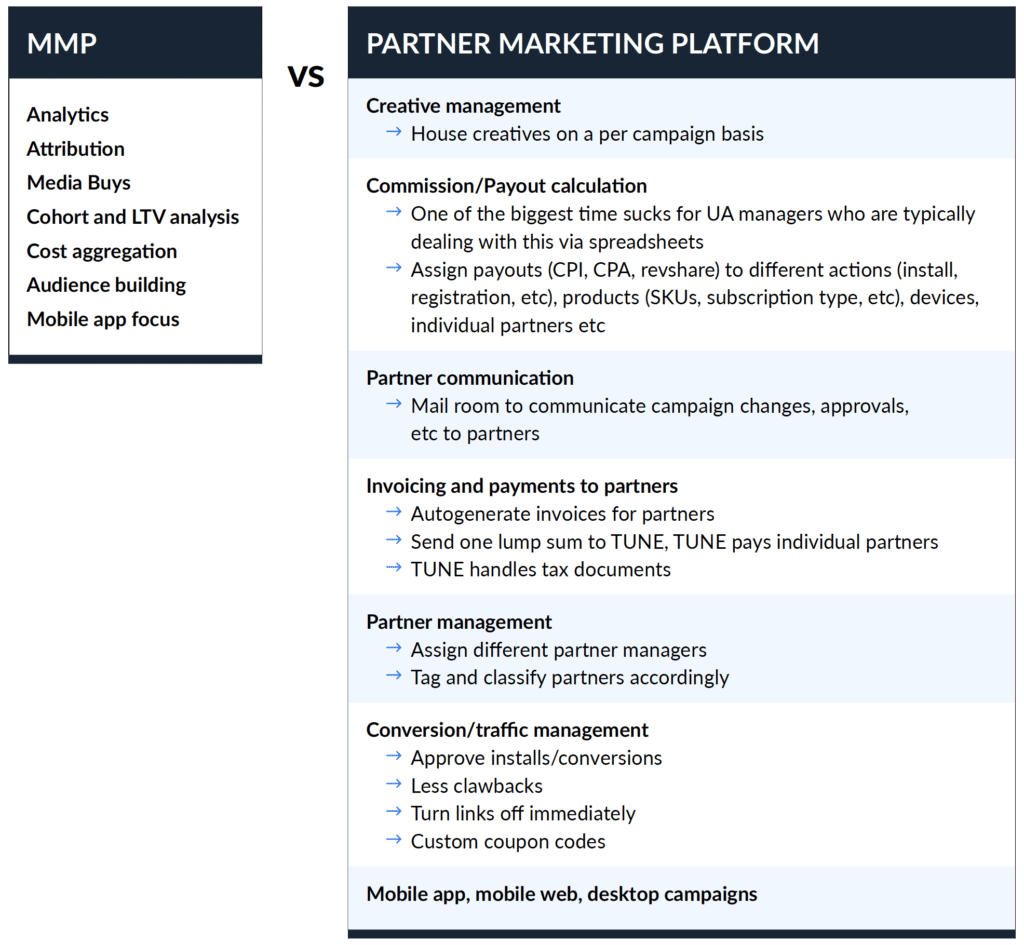
How to Tell If You Need an MMP
Do you have a mobile app? Do you run user acquisition campaigns?
If you answered yes to either question, you should invest in an MMP, as they provide the most reliable and accurate measurement for today’s mobile app ecosystem.
Master Mobile Partner Marketing with TUNE
If you enjoyed Part 1 and Part 2 of our series on mobile partner marketing, you’re in luck! We’re back with more insights, advice, and information in Part 3.
Author
Becky is the Senior Content Marketing Manager at TUNE. Before TUNE, she handled content strategy and marketing communications at several tech startups in the Bay Area. Becky received her bachelor's degree in English from Wake Forest University. After a decade in San Francisco and Seattle, she has returned home to Charleston, SC, where you can find her strolling through Hampton Park with her pup and enjoying the simple things in life.

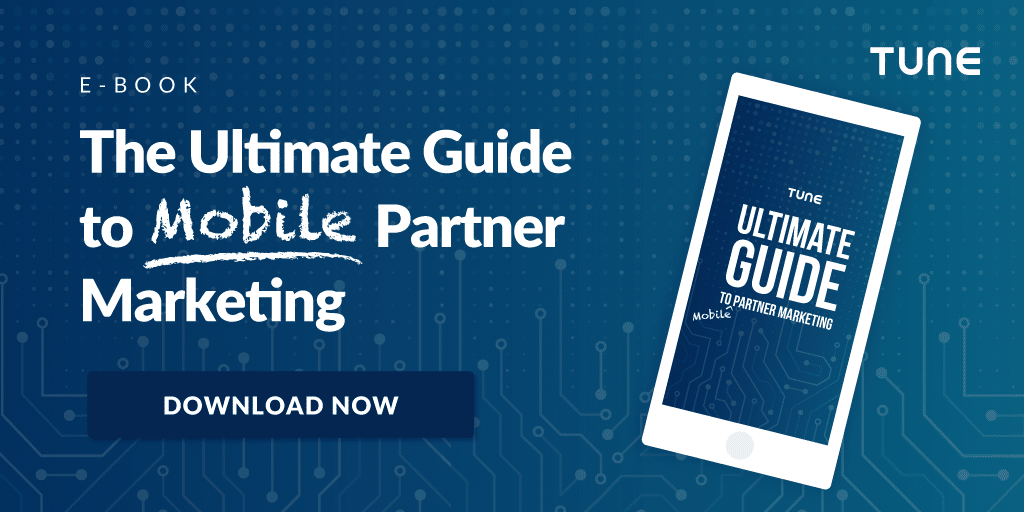

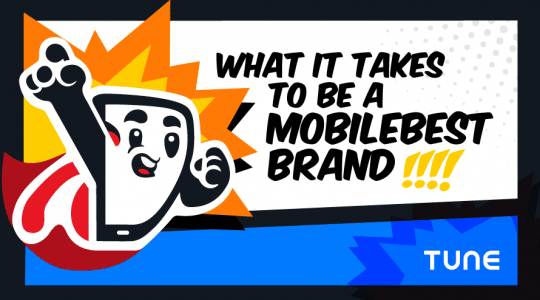

Leave a Reply
You must be logged in to post a comment.